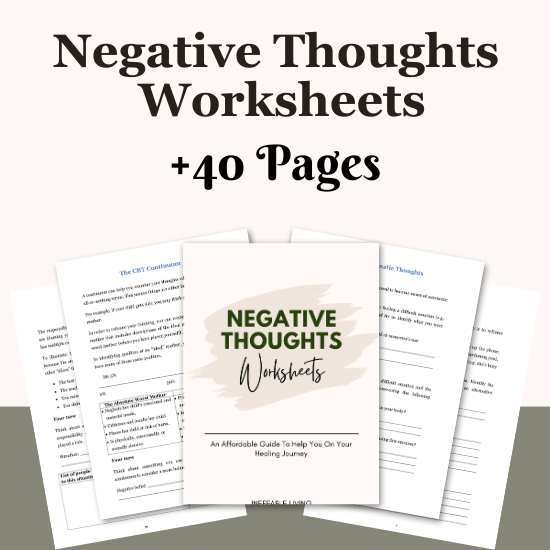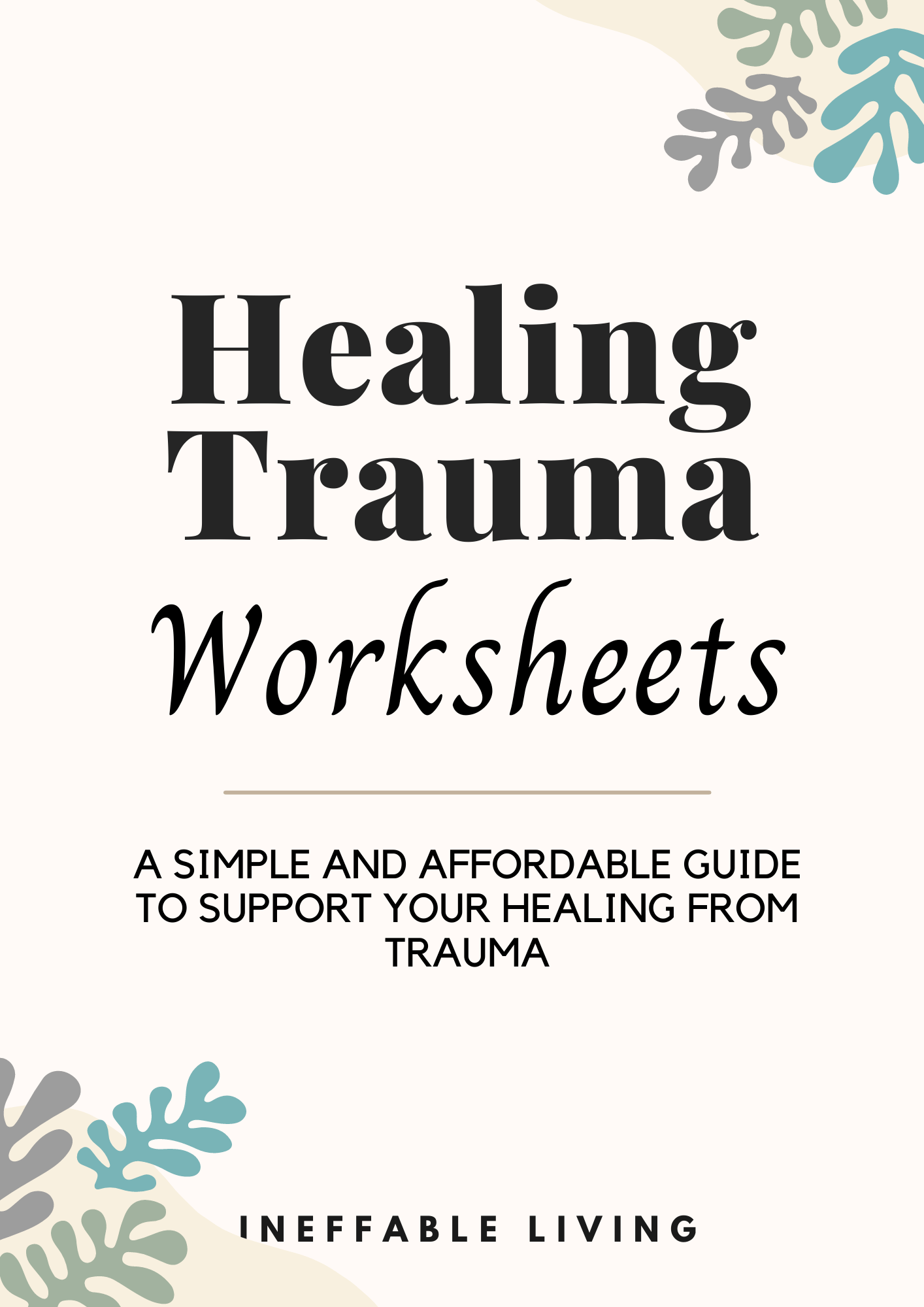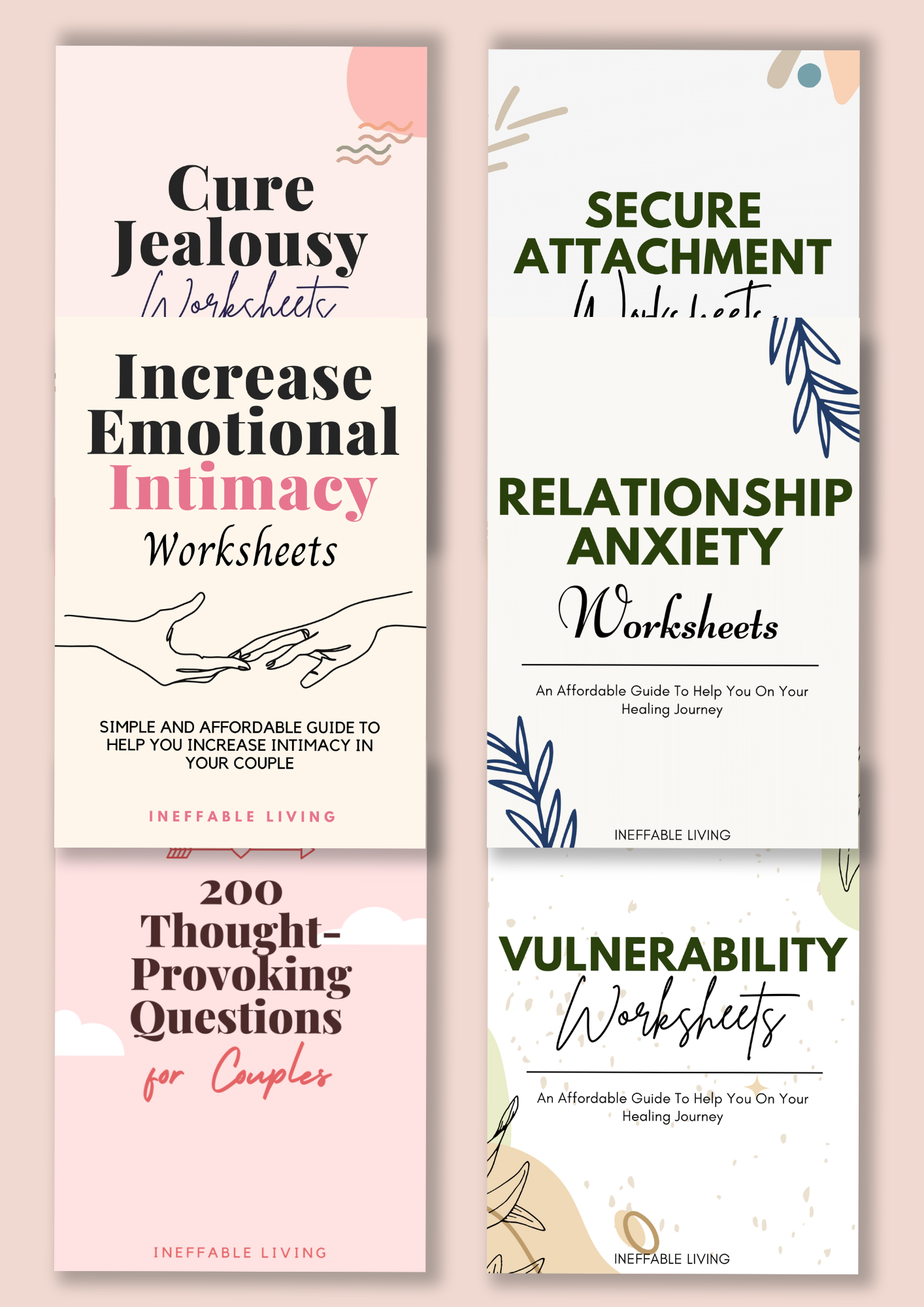1. Identify recurring negative thoughts that frequently arise in your mind. What are the common themes or triggers associated with these thoughts?
2. Reflect on the emotional and physical sensations that accompany your automatic negative thoughts. How do these thoughts impact your mood, behavior, and overall well-being?
3. Consider the origins of these automatic negative thoughts. Are there specific past experiences, traumas, or learned beliefs that contribute to the presence of these thoughts in your mind?
4. Challenge the evidence supporting your automatic negative thoughts. Are there alternative perspectives or pieces of evidence that contradict or weaken the validity of these thoughts?
5. Explore the potential cognitive distortions that underlie your automatic negative thoughts, such as catastrophizing, black-and-white thinking, or personalization. How do these distortions influence your perception of reality?
6. Engage in perspective-taking by imagining how a trusted friend or loved one would respond to your automatic negative thoughts. How might they reframe the situation or provide a more balanced perspective?
7. Consider the impact of cognitive biases, such as confirmation bias or selective attention, on the reinforcement of your automatic negative thoughts. How might these biases contribute to a narrowed and negative interpretation of events?
8. Reflect on the core beliefs and self-perceptions that may be intertwined with your automatic negative thoughts. How do these beliefs influence the nature and intensity of your negative self-talk?
9. Explore the potential "hidden benefits" or functions of your automatic negative thoughts. In what ways might these thoughts serve to protect you from perceived threats or fulfill certain psychological needs?
10. Identify any patterns or triggers that exacerbate the frequency or intensity of your automatic negative thoughts. Are there specific situations, environments, or social interactions that tend to heighten your negative cognitive patterns?
11. Consider the impact of rumination and overanalysis on the maintenance of automatic negative thoughts. How might excessive dwelling on negative thoughts perpetuate their influence on your mental state?
12. Reflect on the potential consequences of challenging and reframing your automatic negative thoughts. How might this process lead to greater emotional resilience and cognitive flexibility?
13. Explore the relationship between your automatic negative thoughts and your sense of self-worth and confidence. How do these thoughts influence your perception of yourself and your abilities?
14. Consider the role of mindfulness and self-compassion in mitigating the impact of automatic negative thoughts. How might cultivating present-moment awareness and self-kindness shift your relationship to these thoughts?
15. Reflect on the progress and insights gained through challenging automatic negative thoughts. What strategies or reframing techniques have been most effective in promoting a more balanced and realistic outlook?
Negative Thoughts Worksheets





